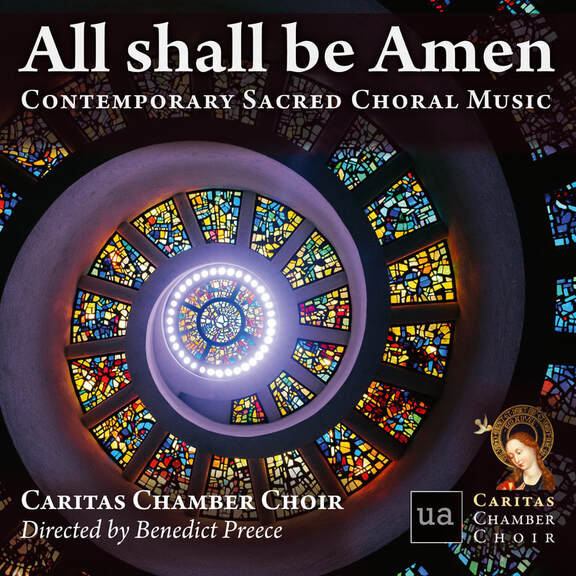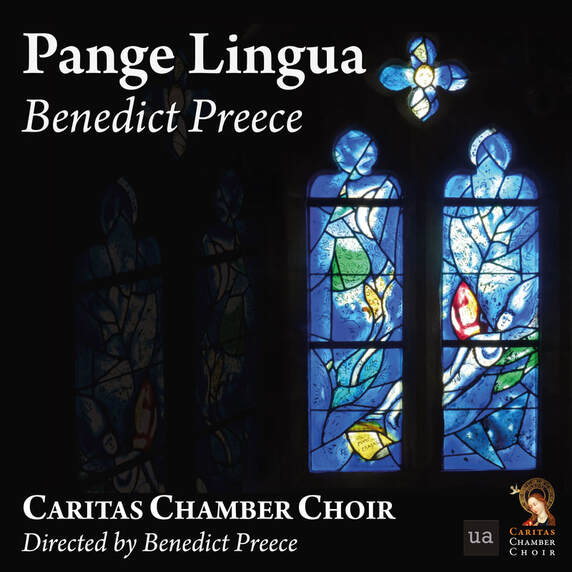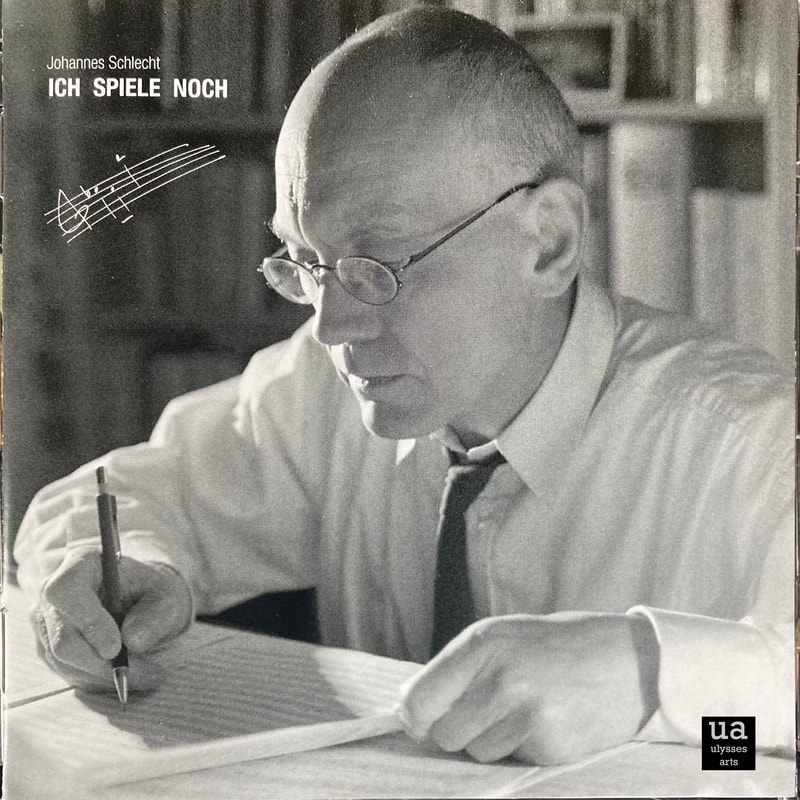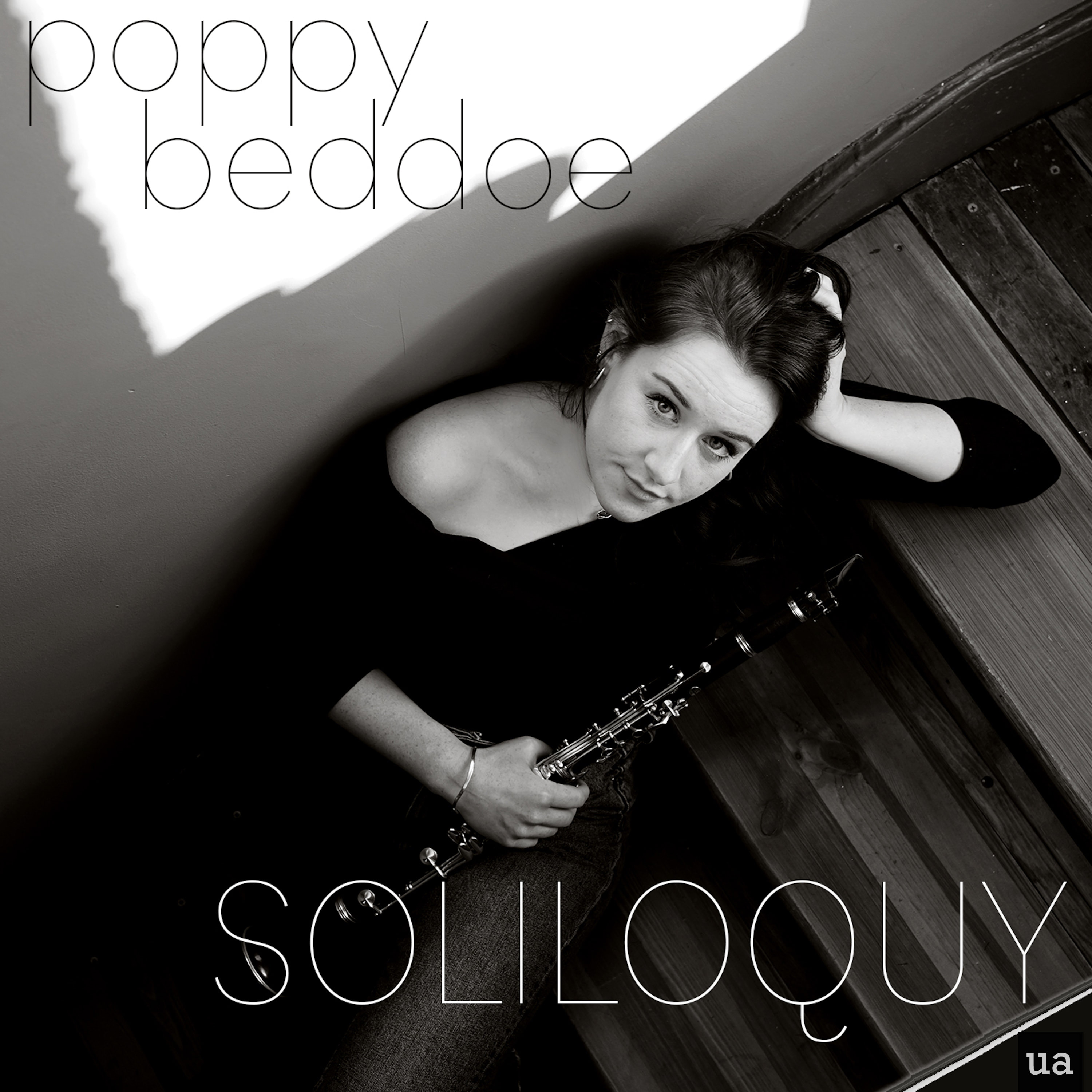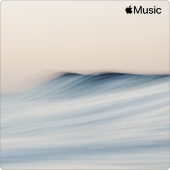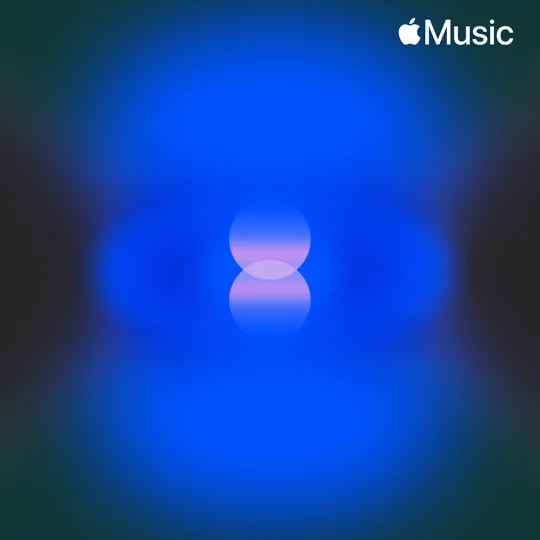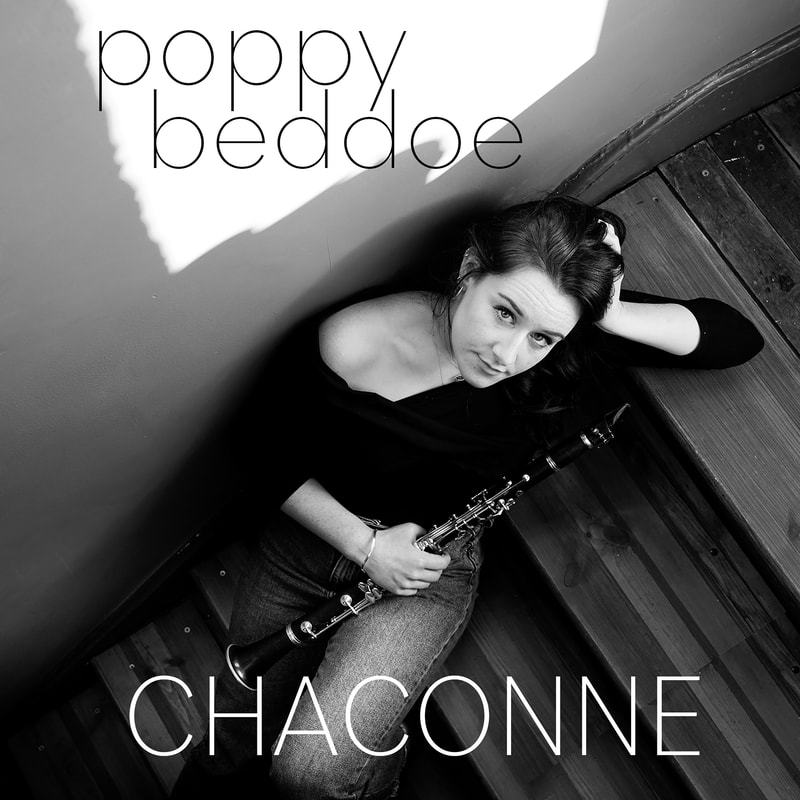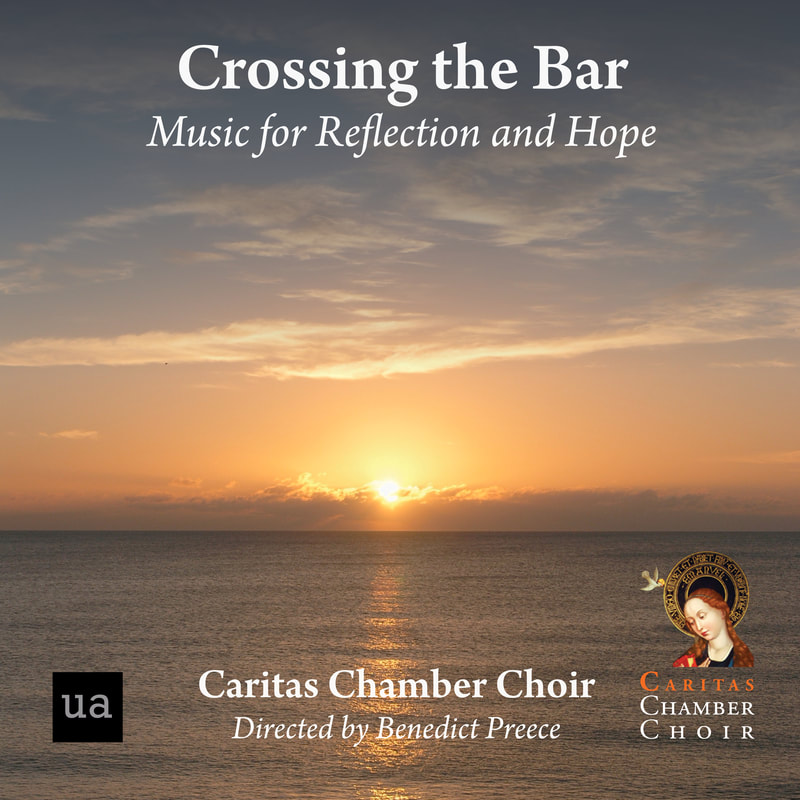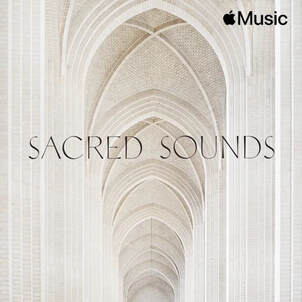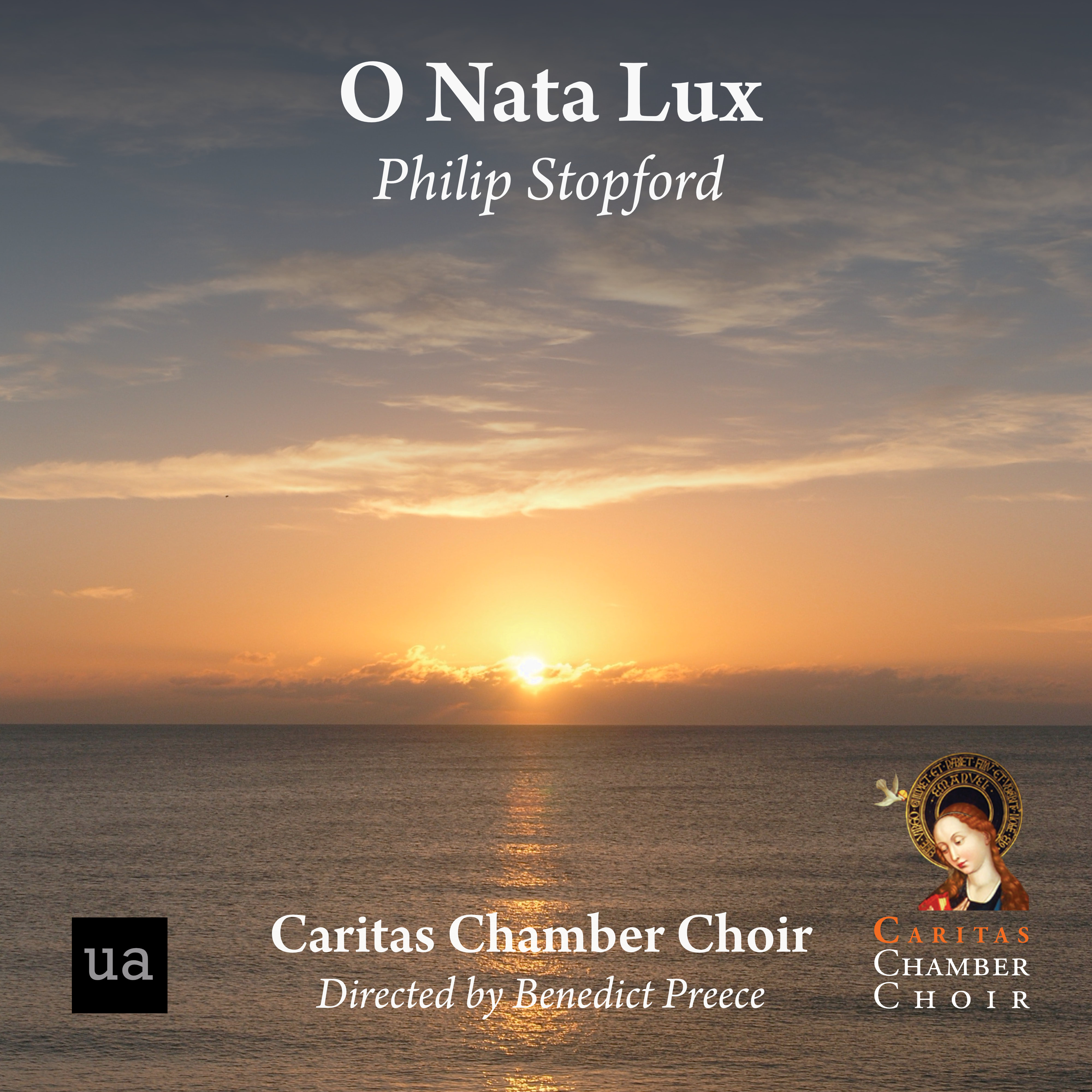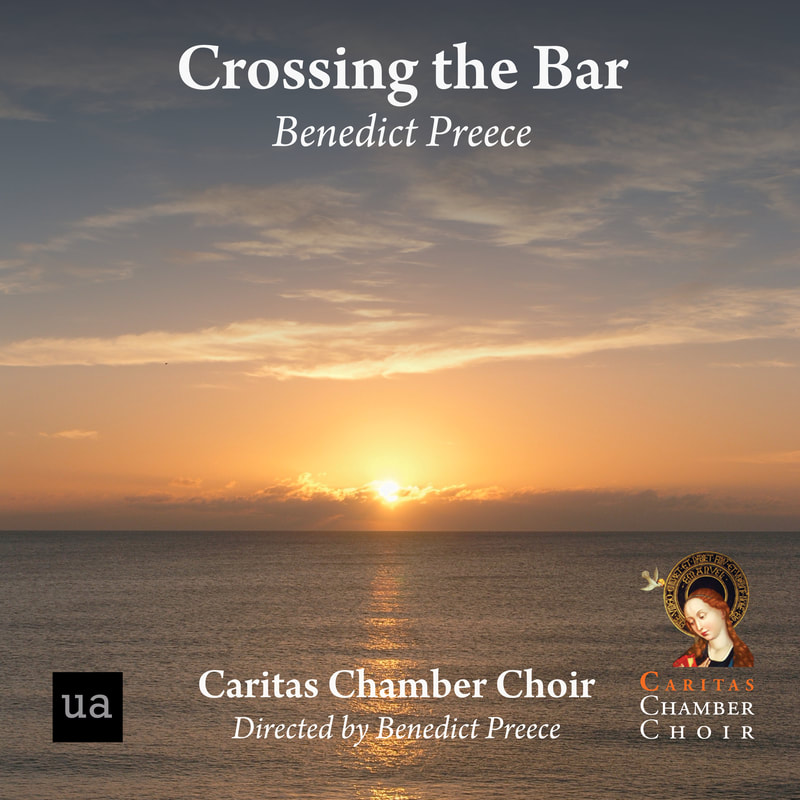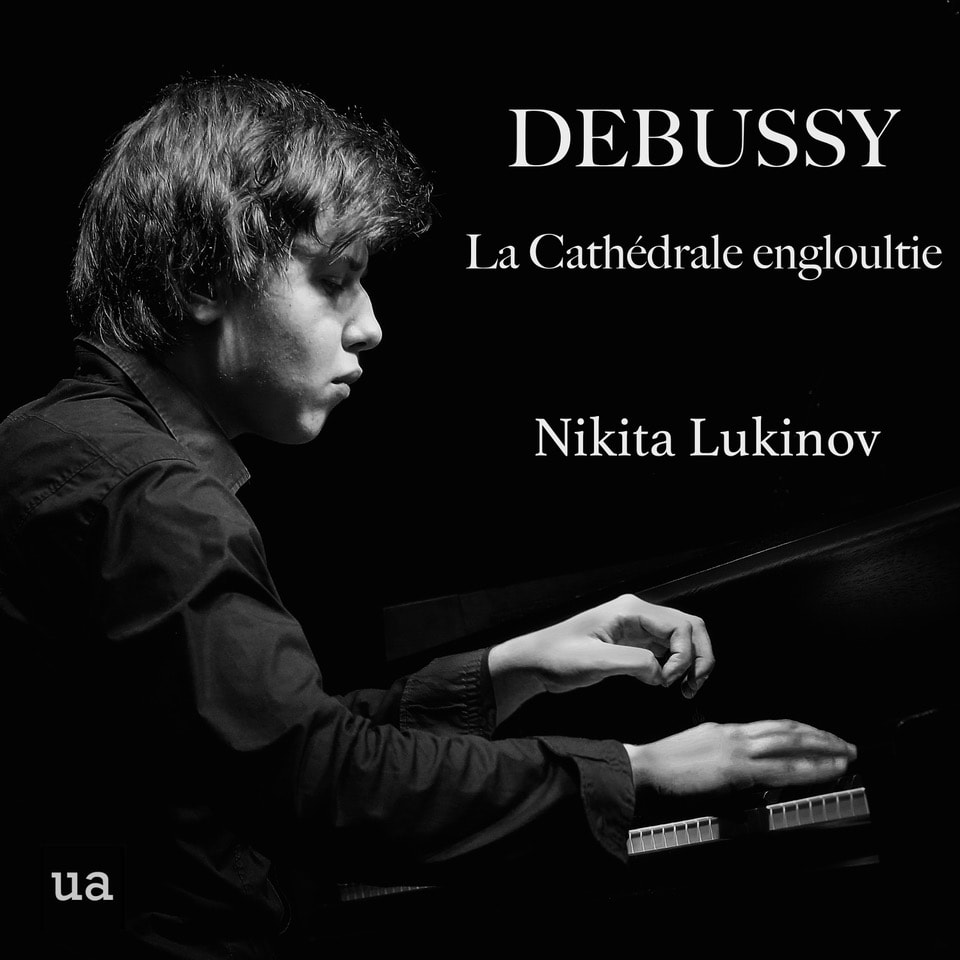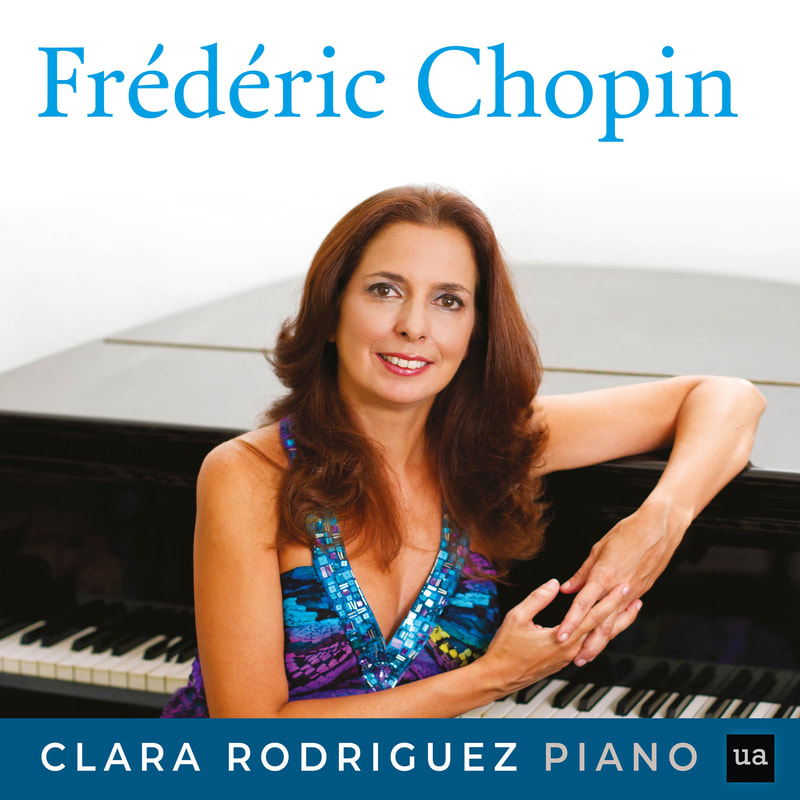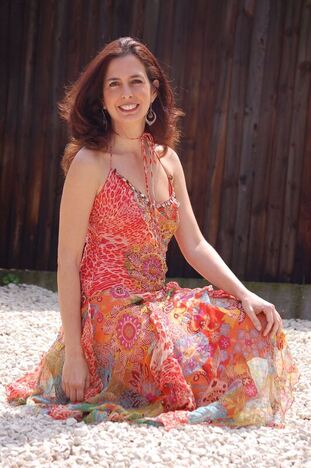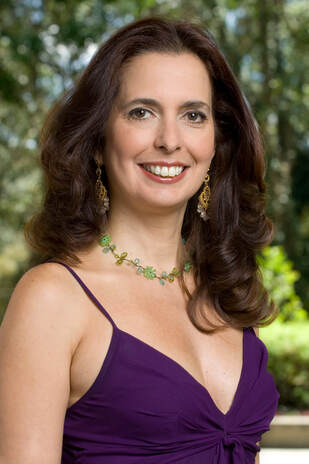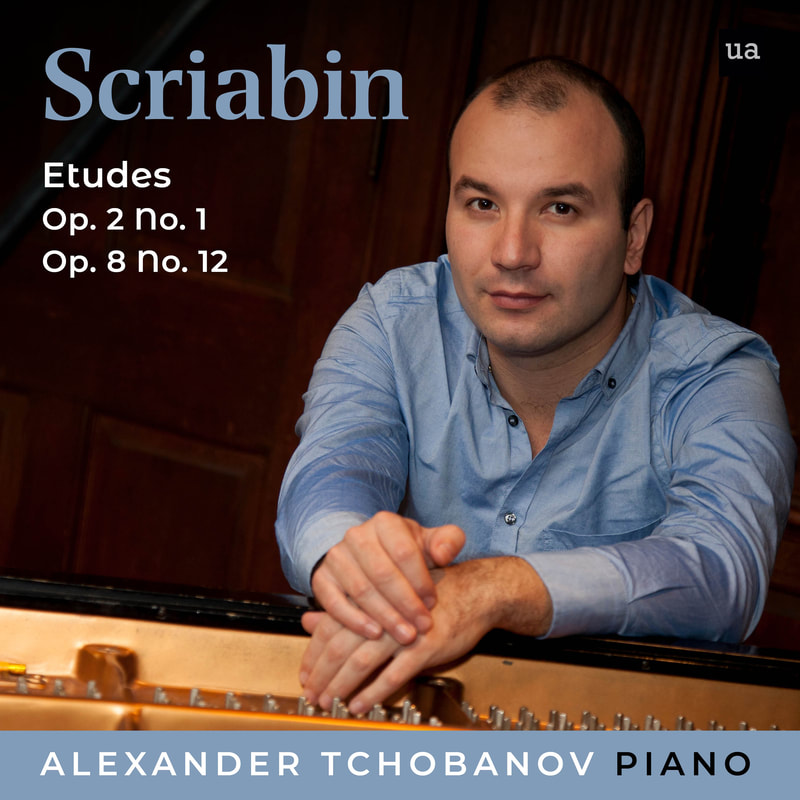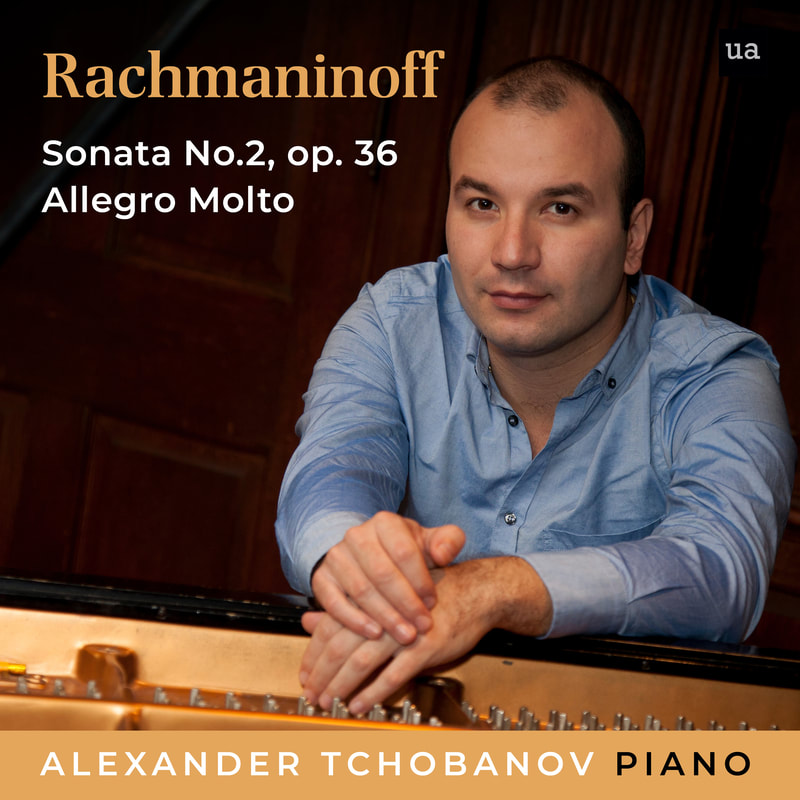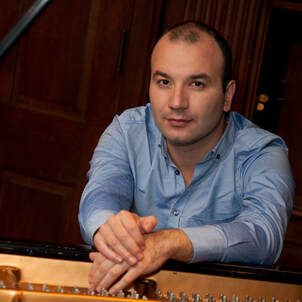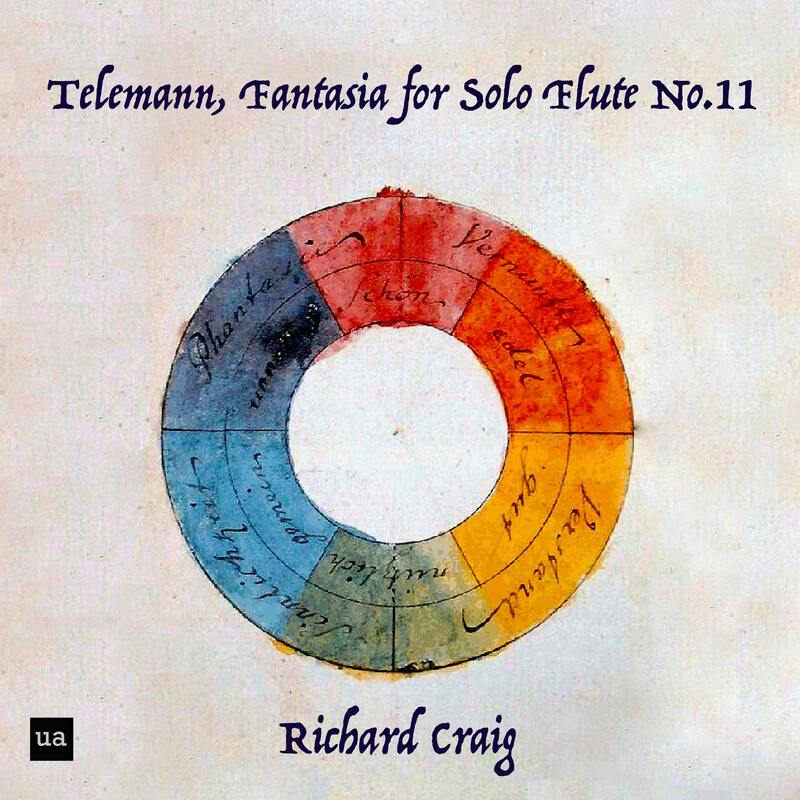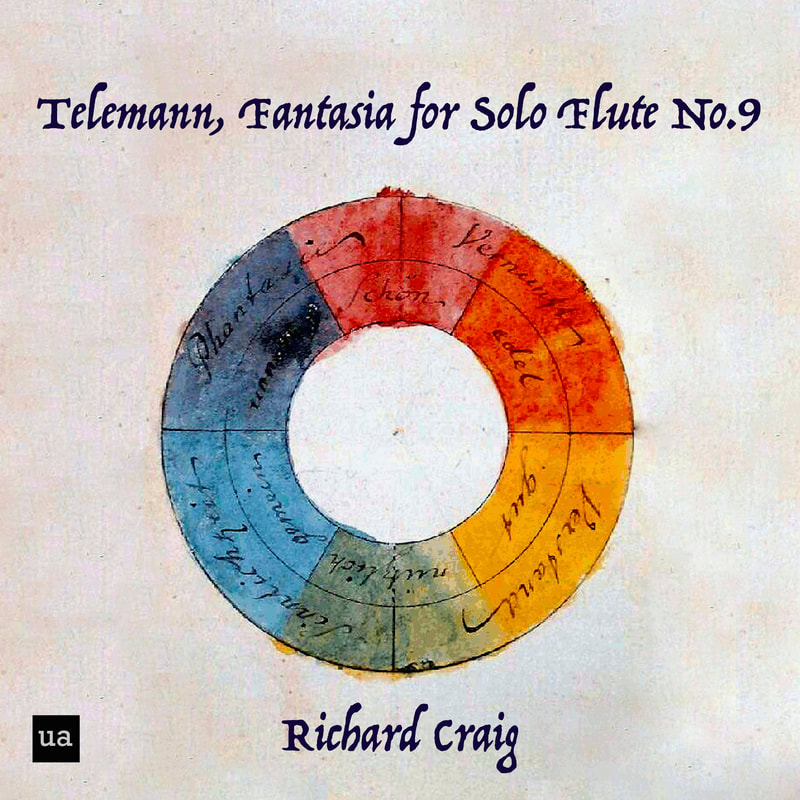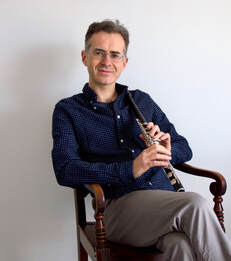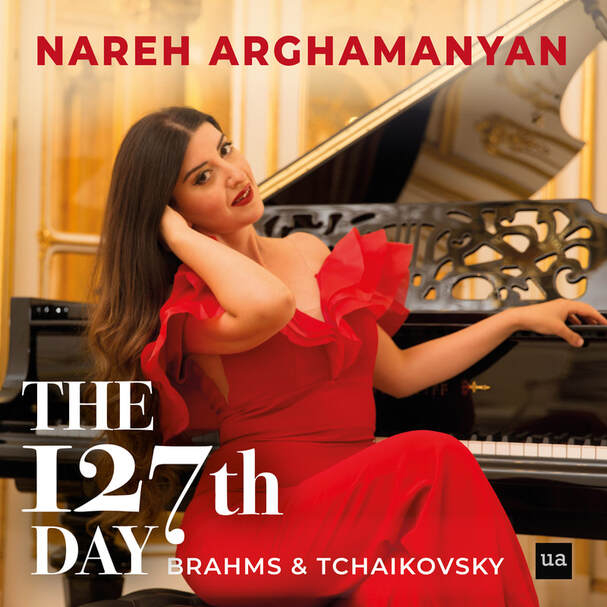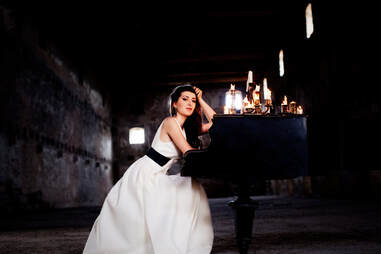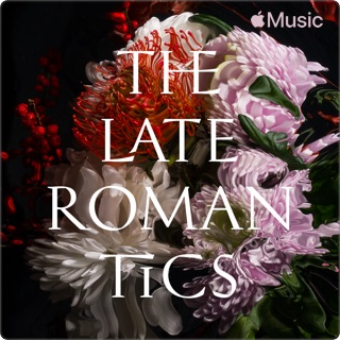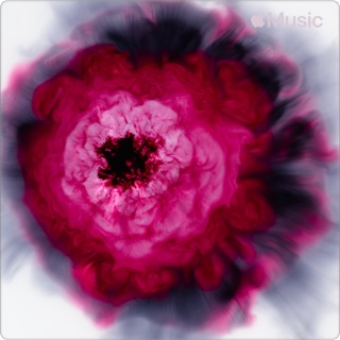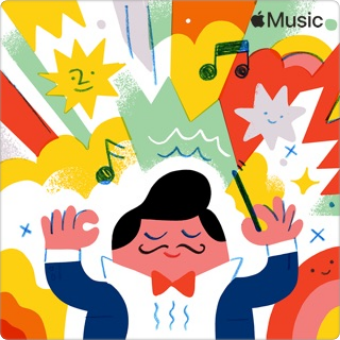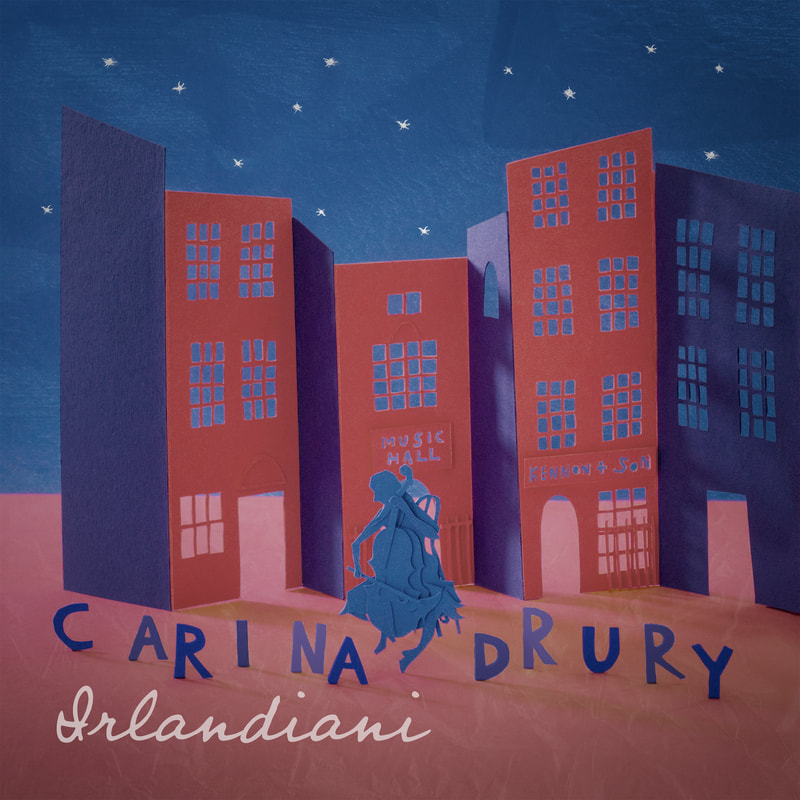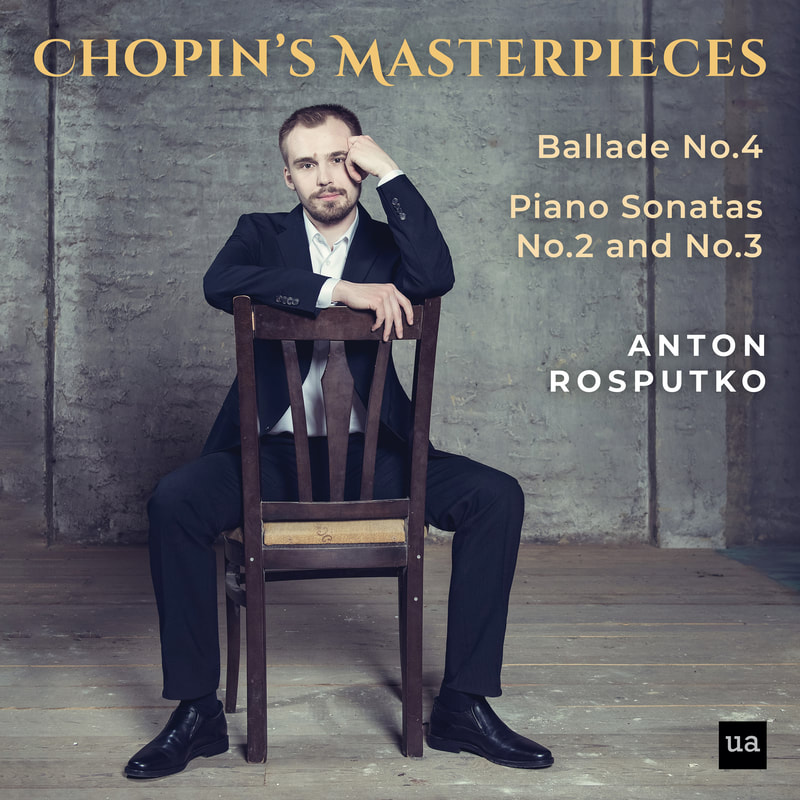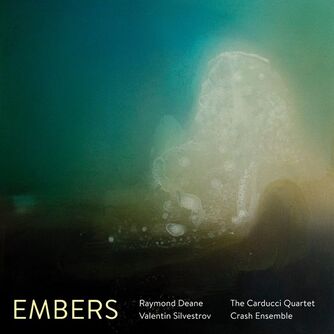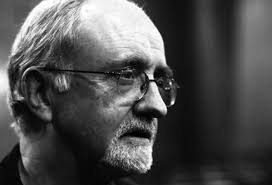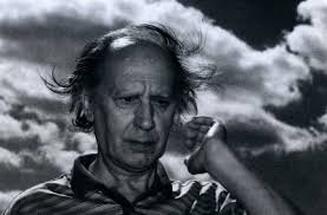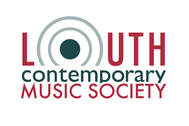Caritas is a British chamber choir, passionate about raising money for charities through singing, and performing to the highest level both in the UK and throughout Europe. The choir, founded by Benedict Preece, performs music from all periods in around twenty concerts per year around the UK and in France, as well as services in Canterbury Cathedral.
'Caritas Chamber Choir excels, always offering a beautiful choral sound with a wide dynamic palette, and with scrupulous attention to phrasing and articulation. ... This album is a triumph.' Jerónimo Marín, Ritmo, October 2023, p. 64
'Incandescent luminosity of the British chamber choir's singing and the stirring impact of its renditions. ... Throughout the release, Preece's masterful shaping of the choir's sound is well-evidenced by the delicate interweaving of voices and the fluidity with which changes in vocal dynamics are effected. Given the evidence at hand, contemporary choral composition and singing would seem to be thriving, given the high calibre of the writing and performances featured on the release.' Ron Schepper, Textura, November 2023
Mattie Poels, MusicFrames (Netherlands), 7 February 2024
All Shall be Amen: Track List
1. A Prayer of St Bernard of Clairvaux: Gabriel Jackson ........................... 2:29
2. O vos omnes: Neil Wright ........................................................................ 3:17
3. Ubi Caritas: Phillip Cooke ........................................................................ 4:42
4. Vinea mea electa: Andrew Smith ........................................................... 4:22
5. Prayer of Richard Rolle :Sarah Cattley .................................................. 3:21
6. My Eyes for Beauty pine: Sarah Cattley ................................................. 2:41
7. O Lord, support us: Sarah Cattley ......................................................... 3:23
8. Keep watch, dear Lord: Eric Choate ...................................................... 3:34
9. Adoro te devote: Gabriel Jackson .......................................................... 3:31
10. Crux fidelis: Neil Wright ......................................................................... 4:52
11. Nunc dimittis: Phillip Cooke .................................................................. 4:19
12. Rise heart; thy Lord is risen: Cecilia McDowall ................................... 4:09
13. Ave Maria: Neil Wright ............................................................................ 4:21
14. Pange lingua: Benedict Preece .............................................................. 4:24
15. O salutaris hostia; Gabriel Jackson ........................................................ 3:18
16. O sacrum convivium: Benedict Preece ................................................. 3:58
17. Locus iste: Phillip Cooke ......................................................................... 4:31
18. By Night while others soundly slept: David Conte .............................. 3:07
19. Night Prayer: David Conte ...................................................................... 4:36
20. All shall be Amen: Gabriel Jackson ........................................................ 6:02
Total time: 1:18:58
Benedict Preece, Pange lingua, 11 August 2023
Phillip Cooke, Ubi Caritas: 25 August 2023
Sarah Cattley, O Lord, Support Us: 8 September 2023
Cecilia McDowall, Rise Heart, thy Lord is Risen: 22 September 2023
|
|
|
|
|
|

